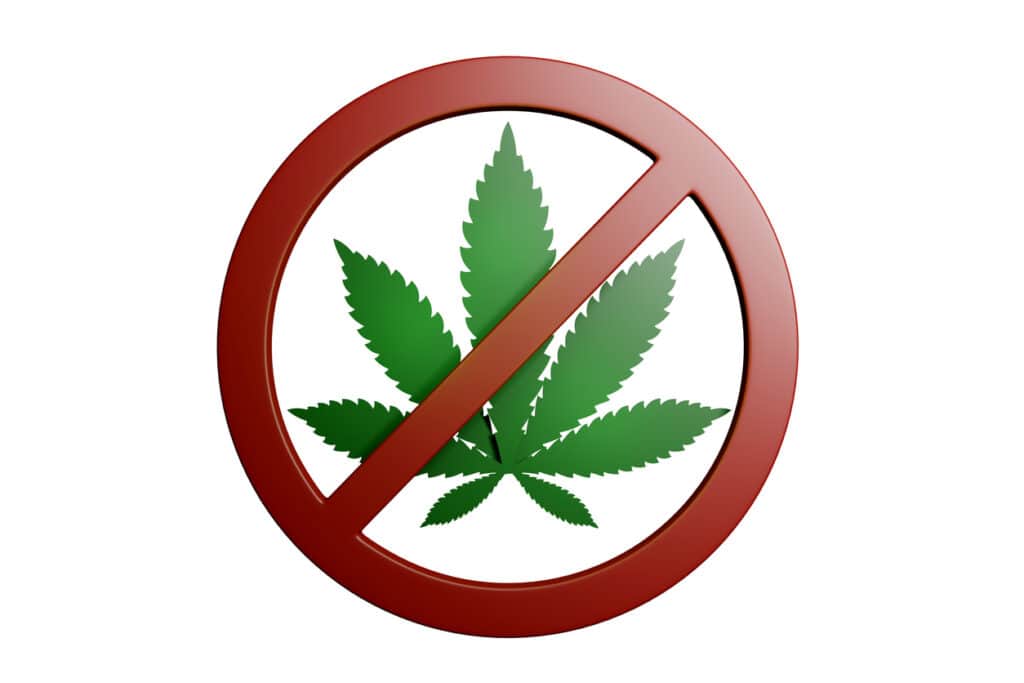There are many critical arguments for the pros & cons of legalizing marijuana:
For Legalization:
- Medical Benefits: Marijuana effectively treats nausea, spasticity, appetite loss, and certain types of chronic pain.
- The potential medical benefits of marijuana for treating chronic pain, epilepsy, and other conditions.
- There are potential risks of mental health and cognitive function decline associated with marijuana use.
- There may be a potential role for cannabis in treating opioid addiction.
Safety: It is considered safer than some prescribed medications, like opioids, which have a high addiction risk.
- Versatility: Marijuana can be consumed in various forms, not just smoking, including oils, edibles, and topicals.
- A comparison of the harmful effects of tobacco versus marijuana.
- Economic Advantage: Legalization allows for taxation and regulation, removing it from the illegal market.
- The economic benefits of taxing and regulating marijuana sales.
- The potential for the marijuana industry to create jobs and stimulate economic growth.
- Social Justice: It could end the racially biased enforcement of marijuana laws.
Educational and Public Health Strategies:
- The role of education and public health campaigns in preventing marijuana abuse.
- The effectiveness of taxation policies in controlling marijuana consumption.
Against Legalization:
- Health Risks: Potential risks include impaired cognitive functions and mental health issues.
- Addiction: Concerns about marijuana leading to substance abuse or acting as a ‘gateway’ drug.
- Social Concerns: Fears that legalization may lead to increased use among minors and affect social norms.
- Strategies to control the deviance of smoking marijuana among children.
- The psychological and behavioral effects of long-term marijuana use in young adults.
- The impact of marijuana legalization on crime rates and law enforcement resources.
- Federal and state laws regarding marijuana use in the United States are currently conflicting.
- Regulatory Challenges: Creating a comprehensive regulatory framework for control and distribution is difficult.
- The evolution of marijuana legalization worldwide in the past five years.
- The legal challenges weigh the pros & cons of legalizing marijuana for medical and recreational use.
- The cultural shift and evolving social norms surrounding marijuana use.
- Ethical considerations in the legalization and distribution of marijuana.
- The differences in marijuana legalization policies across various countries.
- Educational and Public Health Strategies:
- The role of education and public health campaigns in preventing marijuana abuse.
- The effectiveness of taxation policies in controlling marijuana consumption.
- These arguments reflect a complex debate that balances potential medical benefits, social implications, and economic considerations.
Do Different States Regulate the Legalization of Cannabis Use?
The regulation of marijuana use varies significantly across different states in the U.S. Here’s a general overview:
- Recreational Use: As of 2024, 24 states and the District of Columbia have legalized cannabis for recreational use. Adults over the age of 21 can legally buy and possess marijuana, with specific limits on the amount.
- Medical Use: 38 states have legalized marijuana for medical purposes. Patients with qualifying conditions can use marijuana with a doctor’s recommendation. Some states have comprehensive programs, while others offer limited access, focusing on low-THC or high-CBD products.
- Decriminalization: Several states have decriminalized marijuana, reducing penalties for possession to a fine rather than jail time.
- Prohibitions: Despite these changes, some states maintain strict prohibitions against marijuana use, aligning with federal classification as a Schedule I drug.
Each state has its own set of regulations regarding cultivation, distribution, and consumption, resulting in a patchwork of laws that users must carefully navigate to remain compliant. Understanding the pros & cons of legalizing marijuana allows for a robust, informed discussion. That future is bright.


